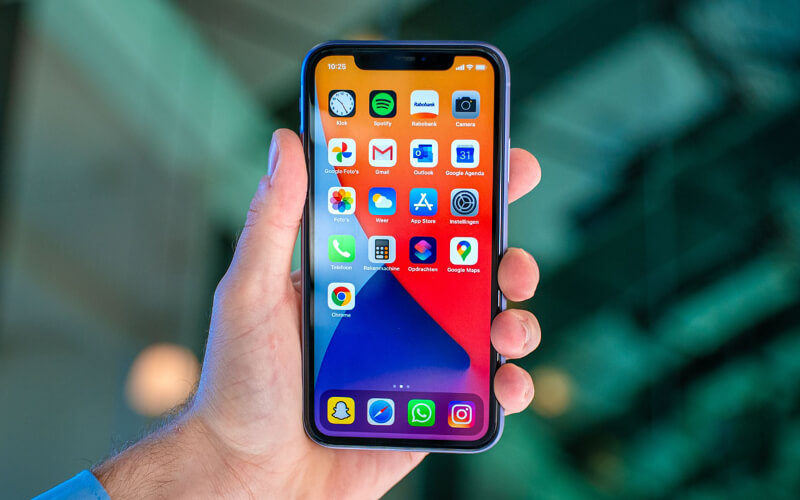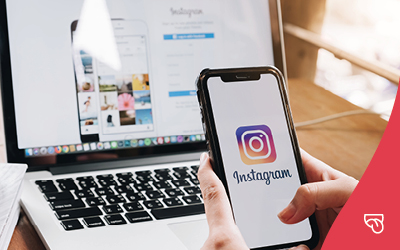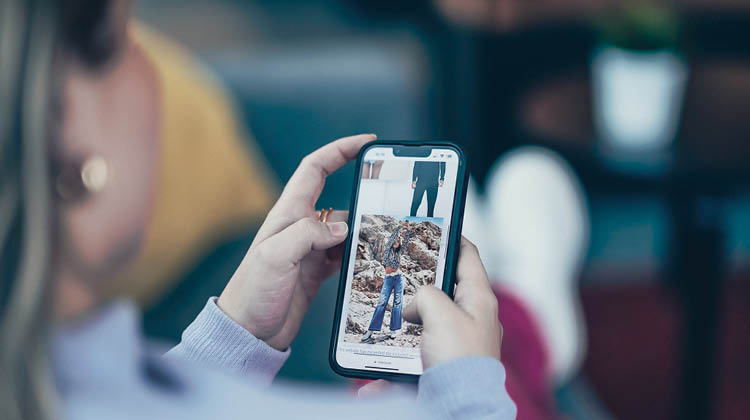iOS 14 Privacy Update
Apple is coming out with a very bold update around personal data privacy through iOS 14 that many app developers are anything but happy about. Apple's proposed changes will limit the ability to effectively reach, understand and engage audiences on mobile devices and on the Web. They will impact the ability to understand ad performance, determine who gets to see certain ads and, of course, will impact ad budgets. These changes may cause an overall decrease in ad performance, ad personalization and an increase in cost per conversion/action.
Specifically, these changes will limit the ability to:
- Effectively show ads to people based on their engagement with your business
- Measure and report on conversions of specific customers
- Making sure your ads are shown to the most relevant audiences at the right frequency
- Accurately assign app installations to people running iOS 14 and above
- Predict and optimize the cost per action over time and allocate budgets efficiently.
Apple's policy does, of course, make it much harder for small businesses to start reaching their target audience, limiting their growth and making them less able to compete with large companies.
We do not expect the proposed changes in iOS 14 to lead to a complete loss of personalization, but rather to be a step in that direction. The "cookieless future" starts now. Without the predictable costs and personalized ads you're used to creating, using and receiving, many new products and services may not be able to get off the ground as quickly or even at all. Small and medium-sized businesses will certainly suffer. The larger companies have much more internal data that they can fall back on.
How will iOS 14 affect Facebook Ads now?
iOS 14 is the latest version of Apple's operating system. Almost all iPhone models newer than the 6th generation (Iphone 6) are up for an update to iOS 14, so that's a lot of users who can perform the operating system update. Apple will protect all users with respect to privacy in this update. App developers will be required to ask permission from users before their data and online behavior can be shared with third parties (third party cookies). So this will make it a lot harder for advertisers, including Facebook, to advertise in the Audience Network. The Audience Network is the network of third-party apps that share data with Facebook.
What does this mean specifically?
Due to the update and the new Apple's App Tracking Transparency Framework this data may not be exchanged without explicit user access, making it harder to personalize and optimize ads on these placements. In addition, the data and results are less measurable. So Facebook, as well as advertisers who use Facebook Advertising, will get less direct revenue from these ads, because the target audiences cannot be as well identified. It is not that Facebook currently shares your personal data with other companies in such a way that those companies can identify you as a person. That data is "hashed." But your interests will therefore categorize you into a certain target group, which means you will see personalized advertising on these networks.
In addition to Facebook advertisers, application developers in particular will also be affected by iOS 14. It may even have a negative impact on users of iOS 14. Because advertisers will not be able to show personalized ads to their desired target group, app developers may use other revenue models to keep the app running. As a result, many apps will no longer be offered for free, but will be offered for a fee.
Finally, it is also a disadvantage that you no longer get to see targeted advertising as a user. If you are looking for certain products or services that you need, you will probably be less likely to come into contact with the right provider. You will still be shown advertisements, but you will be more likely to see advertisements that are not targeted at all. If you're going to see advertising anyway, it's better that you see ads that are in your area of interest, right?
The impact of iOS 14 for the Facebook marketer
The key question for the average Facebook marketer: what are the implications for my campaigns and reporting within Facebook right now? The answer to that varies from advertiser to advertiser, of course, but in general the damage does not seem to be too bad (for now). Especially ads shown in the Audience Network will be limited by this update. Most Facebook marketers mainly focus on Facebook and Instagram as a network itself (thankfully). So do you use the Audience Network little or not at all? Then you can breathe a sigh of relief (for now).
What is noticeable is that iOS 14 limits the number of conversion events within Facebook. These are the so-called tracking events, such as Page Views, Add to Carts, Leads and of course Purchases. As of now, advertisers are limited to a maximum of 8 conversion events, whereas previously there was no limit on this. So it is best to set the 8 most important events and focus on them when advertising.
For which Facebook ads will iOS 14 have a direct impact?
Do you advertise for app developers or are you an app developer yourself? Then you're going to see a big impact on your Facebook ads here. If your campaign objective is, for example, 'App installations', you will quickly experience the adverse effects. Examples of what you will experience; difficulty optimizing ads, like targeting, or specifying demographic data in ad reports.
Also, real-time reporting will become more difficult to achieve as the new rules allow for a delay of up to 3 days. Also, from now on, the default value for all new or active ad campaigns will be set to an attribution model for clicks within a 7 day period. The attribution model of 7-28 days after click will therefore no longer be supported for active campaigns.
Your custom/ custom audiences will likely be affected by this update as well. As more people start opting out of tracking data on iOS 14 devices, the amount of for your app connections/ activity from custom audiences and retargeting audiences may decrease.
Now what?
In its own help centre for companies some tips to advertisers to best reach users of iOS 14 devices, despite this update. The most important tip of all is to install the Facebook pixel on the domain correctly. This way, you can still track data as best as possible.
- Optimize ad sets related to conversion events.
As indicated, you are limited to a maximum of 8 conversion events per web domain. This is enough for the average advertiser. However, you'll have to be prepared. Indeed, ad sets displayed for a conversion event that is no longer available will be paused automatically, once Facebook implements Apple's App Tracking Transparency structure.
- Determine the most important conversion events for your business
Facebook says to first configure conversion events that they think are most relevant to your business/customer. All other events will be disabled for optimization and reporting. In Event Management, where you will find your pixel and events, you can customize the conversion events yourself. Choose the (maximum) 8 relevant conversions for your company/client.
- Verify your web domain
It is essential. It gives you more editing options and permissions for Facebook ads. In this case, it's also important to verify your web domain/clients' web domain if you want to have more control over which conversion events qualify for your web domain.
Need help with your Facebook campaigns? We are here to help.
Since this is probably the beginning of a cookieless future, you might be at a loss as to what to do with your Facebook Marketing. Trends and updates in this field are evolving at lightning speed. Digitong is Certified Facebook Partner and we keep a close track of all the trends and developments. Could you use the help of a Facebook Partner for your Facebook marketing? Well then, let's talk digital!




